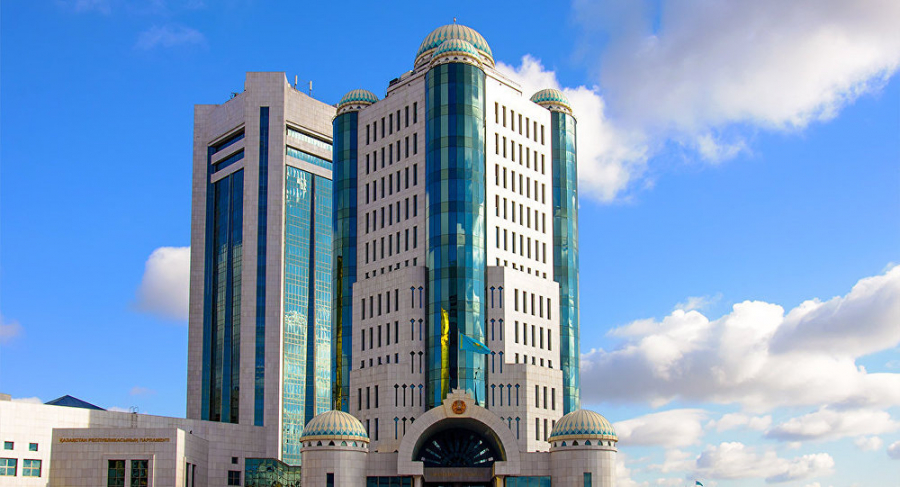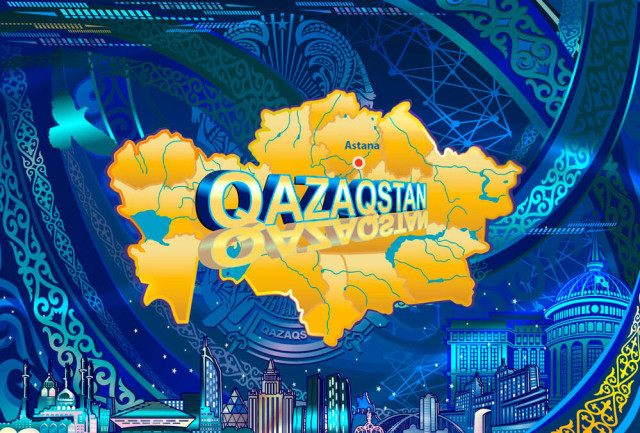
Renaming ‘Nur Otan’ to ‘Amanat’ is the beginning of the coming changes in the organization, Kazakh experts believe. In their view, the changes in the party showed that its leadership has listened to public opinion and is determined to continue work towards establishing dialogue with the people.
“One of the party’s strengths is that it has a very broad institutional base as well as a very broad electorate. And the weak side is that, first of all, the Nur Otan party was excessively bureaucratized. Secondly, it did not represent the interests of the majority, as the January events also showed. What we see is that now things are moving towards the liberalization of the field of political parties, meaning that more political parties will appear. Of course, in order for Nur Otan to be able to actively hold and retain its party members and continue to work actively, it needs to change its approach,” Zhuldyzai Iskakova, Analyst at the Kazakh Institute for Social Development, said.
The Amanat party got a chance to start from scratch and build a new party organizational and ideological work. According to Director of the Institute for Eurasian Integration Urazgali Selteyev, the first thing to start with is building communications.
“Communication between the party and the electorate. Communication between party members and people, voters. Communication between the head and branch offices. These are all the problematic moments that have existed before and still remain. The most important aspect of this transformation should be not only the change of the logo and name, but also the change of approach, including the alteration of people,” Selteyev said.
Translation and Editing by Assem Zhanmukhanova









